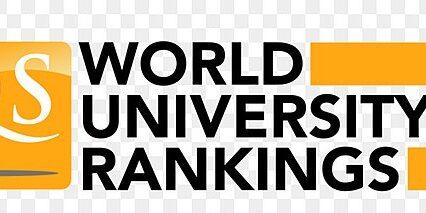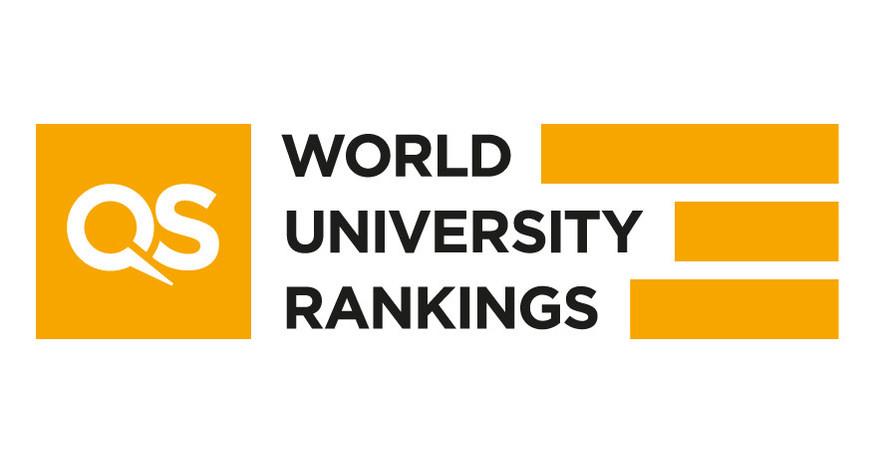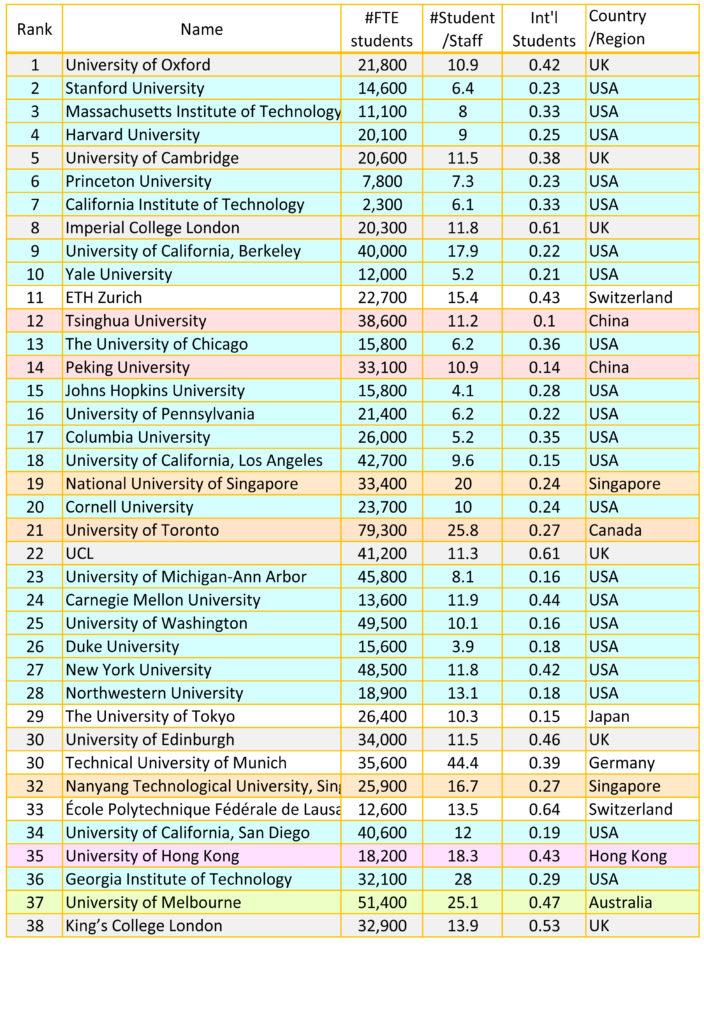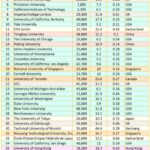Now Reading: Subject-Specific Rankings: How They Can Impact Your Career in [Specific Field, e.g., Engineering].
-
01
Subject-Specific Rankings: How They Can Impact Your Career in [Specific Field, e.g., Engineering].
Subject-Specific Rankings: How They Can Impact Your Career in [Specific Field, e.g., Engineering].
![Subject-Specific Rankings: How They Can Impact Your Career in [Specific Field, e.g., Engineering].](https://nxtcourse.com/wp-content/uploads/2025/04/1786-subject-specific-rankings-how-they-can-impact-your-career-in-specific-field-eg-engineering.jpg)
In an era where competition is fierce and the demand for specialized expertise continues to rise, the importance of subject-specific rankings has never been more pronounced. For aspiring professionals in fields such as engineering, these rankings serve as a critical beacon, guiding students and job seekers alike toward institutions and programs that can potentially shape their careers.But what exactly are subject-specific rankings, and how do they influence the trajectory of a career in engineering? This article delves into the intricate web of academic standings and their implications, exploring how a placement in these rankings can open doors to opportunities, shape networks, and enhance personal brand visibility in the bustling marketplace of talent. Join us as we navigate the landscape of academic reputation, unveiling the profound effects these rankings can have on your professional journey.
Subject-Specific Rankings and Their Importance in Career advancement
In the dynamic landscape of career growth,subject-specific rankings serve as crucial indicators of both educational quality and potential career trajectories. For individuals in fields like engineering, these rankings provide insights into where to invest their time and resources, helping them make informed decisions about their education and employment opportunities. Graduates from highly ranked institutions ofen benefit from enhanced visibility in job markets, as employers frequently associate prestigious rankings with superior training and expertise. This perception can lead to significantly improved job prospects, higher starting salaries, and better networking opportunities that are vital in industries driven by innovation.
Moreover, understanding the nuances of these rankings can empower professionals to tailor their qualifications and skills to align with market demands. For instance, many rankings place emphasis on specialized strengths, such as research opportunities, professional placements, and industry connections, which are particularly relevant in engineering. By focusing on these factors, individuals can strategically enhance their competencies and appeal to potential employers. The following table summarizes key elements that often influence subject-specific rankings in engineering:
| Ranking Criteria | Impact on Career |
|---|---|
| Research Output | Demonstrates innovation and expertise |
| Faculty Qualifications | Reflects quality of education and mentorship |
| Industry Collaborations | Enhances job placement and internships |
| Student Outcomes | Indicates future career success for graduates |
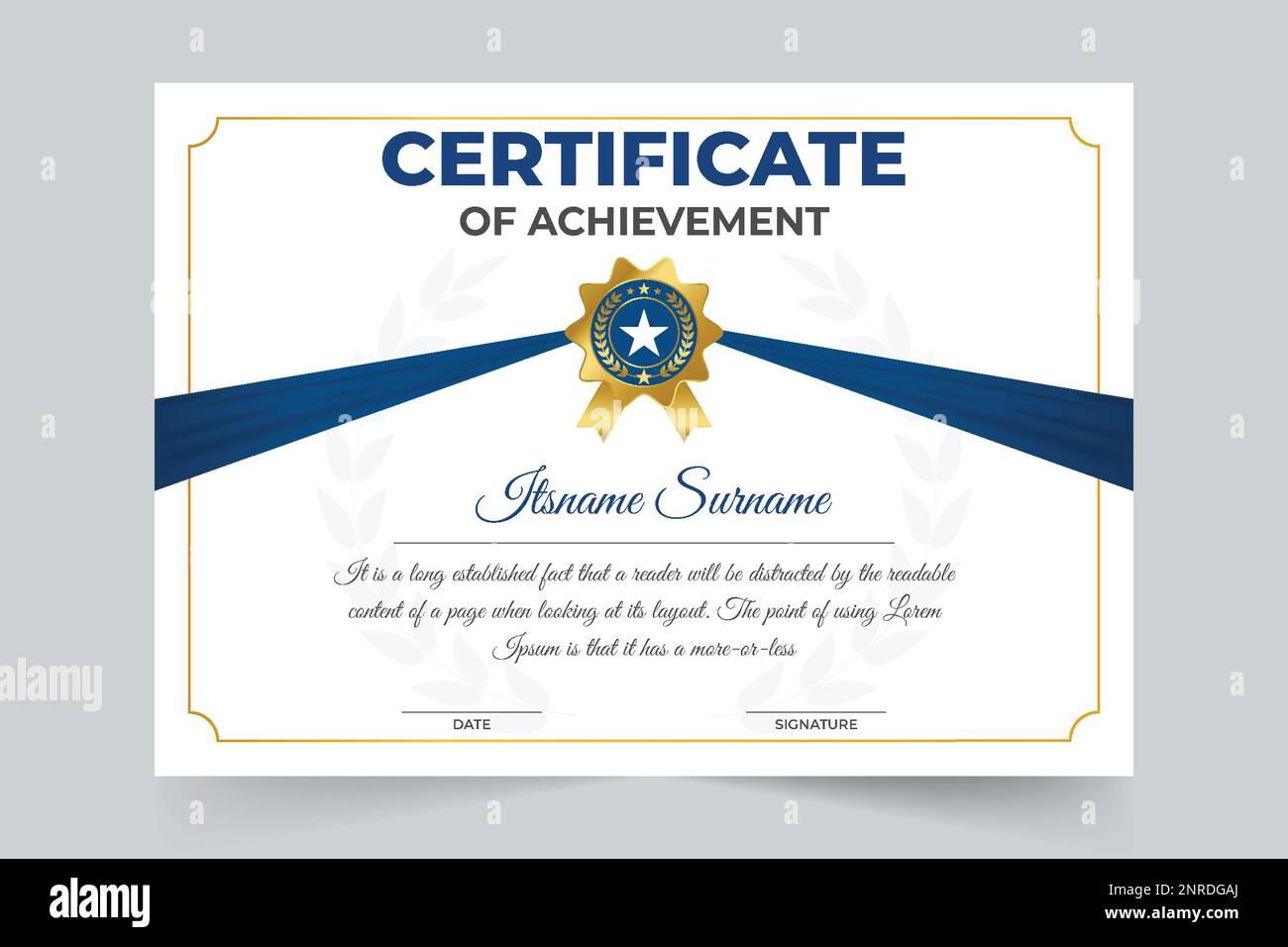
Navigating the Landscape of Academic Credentials in Engineering
In today’s competitive job market, understanding the nuances of academic credentials can significantly influence your career trajectory, particularly in fields like engineering. Subject-specific rankings offer a lens through which potential employers evaluate candidates; graduates from highly ranked programs frequently enough capture more attention. This is due to a combination of factors, such as faculty expertise, research opportunities, and industry connections that these institutions typically provide. Graduates from prestigious programs may find doors opening more readily due to perceived quality of education and employability. A well-chosen university aligns not only with educational goals but also with future career pathways.
Moreover, it’s crucial to recognize how different engineering disciplines have varying credibility and reputation in specialized rankings. As an example, while mechanical engineering may score highly in one institution, civil engineering could excel in another. potential students should consider factors such as:
- Accreditation: ensure the program meets industry standards.
- Internship Opportunities: Programs that emphasize work experience can provide essential real-world skills.
- Alumni Network: A strong alumni base can facilitate job placements and mentorship.
Additionally, comparing different institutions through subject-specific rankings can reveal where your chosen field of study stands, enabling a more informed decision. Here’s a brief overview in table format showing an example of how various engineering fields rank in three notable domains:
| Engineering Discipline | Institution A Rank | Institution B Rank | Institution C Rank |
|---|---|---|---|
| Mechanical Engineering | 1 | 5 | 3 |
| Civil Engineering | 4 | 2 | 6 |
| Electrical Engineering | 2 | 1 | 4 |

Leveraging rankings for Networking and Professional Opportunities
In today’s competitive job market, staying ahead frequently enough means utilizing every tool at your disposal, including your education and its perceived value through rankings. When you pursue a degree or certification from a highly-ranked institution in your field, you not only gain quality education but also significantly enhance your resume’s appeal. Top rankings can attract attention from recruiters and hiring managers, who may prioritize candidates from recognized programs. This can open doors to exclusive opportunities and internships that pave the way to a accomplished start in your career. Utilizing your school or program’s ranking can serve as a conversation starter in networking situations, allowing you to connect with like-minded professionals who understand the prestige associated with a top-tier education.
Furthermore, leveraging these rankings goes beyond just enhancing your resume; they can enrich your professional relationships.many industry events and conferences highlight leaders from esteemed programs, allowing you to join a network of alumni who share similar backgrounds and values. Engaging with these connections can lead to mentorship opportunities, insider job referrals, and collaborative projects that propel your career forward. By displaying your awareness of industry rankings, you position yourself as a dedicated and informed professional, capable of navigating the nuances of your field. The relationships fostered in this environment can be invaluable, offering a mutually beneficial exchange of knowlege and prospect within your chosen profession.

Making informed Decisions: Choosing Programs that Align with Career Goals
In the vast landscape of higher education, it is indeed essential to recognize how subject-specific rankings can shape future career trajectories. When considering a program, potential students should evaluate how well each institution aligns with their individual career aspirations. Key factors to consider include the reputation of faculty, industry partnerships, and the availability of hands-on experiences. These elements can significantly enhance practical skills and networking opportunities, vital for success in competitive fields such as Engineering.
Engaging with alumni networks can also provide invaluable insights. Investigate where recent graduates of each program have landed in their careers, as this can serve as a useful barometer of a program’s effectiveness in preparing students for the job market. By focusing on institutions that consistently rank high for specific engineering disciplines, students can position themselves advantageously for future employment.
To illustrate the impact of rankings, consider the following table comparing three notable engineering programs and their reputations in various subfields:
| University | Rank | Specialty Areas |
|---|---|---|
| Tech University | 1 |
|
| Innovate Institute | 2 |
|
| Engineering College | 3 |
|
By understanding the landscape of program rankings and how they correlate with career outcomes, students can make smarter decisions that align closely with their professional goals. Moreover, emphasizing a program’s strengths in specific engineering disciplines can be a catalyst for unlocking advanced career paths.
Closing Remarks
As we conclude our exploration of subject-specific rankings and their influence on careers in engineering, it becomes clear that these metrics serve as more than just mere numbers—they are reflections of the evolving landscape of the profession. Whether you’re a budding engineer contemplating your educational path, a seasoned professional considering a new opportunity, or an academic guiding the next generation of innovators, understanding the nuances behind these rankings can empower informed decisions.
While they provide valuable insights into institutions and programs, it’s essential to approach them with a critical mind, recognizing that success in engineering extends beyond rankings. Skills, experience, and personal networking also play significant roles in shaping your career trajectory. embrace the knowledge gained from this discussion and let it guide you, but remember to carve your own unique path in this dynamic field. As you move forward, may you discover that your greatest achievements are defined not merely by the reputation of your alma mater but by the ingenuity and passion you bring to your work. The future of engineering is luminous, and it is yours to shape.













